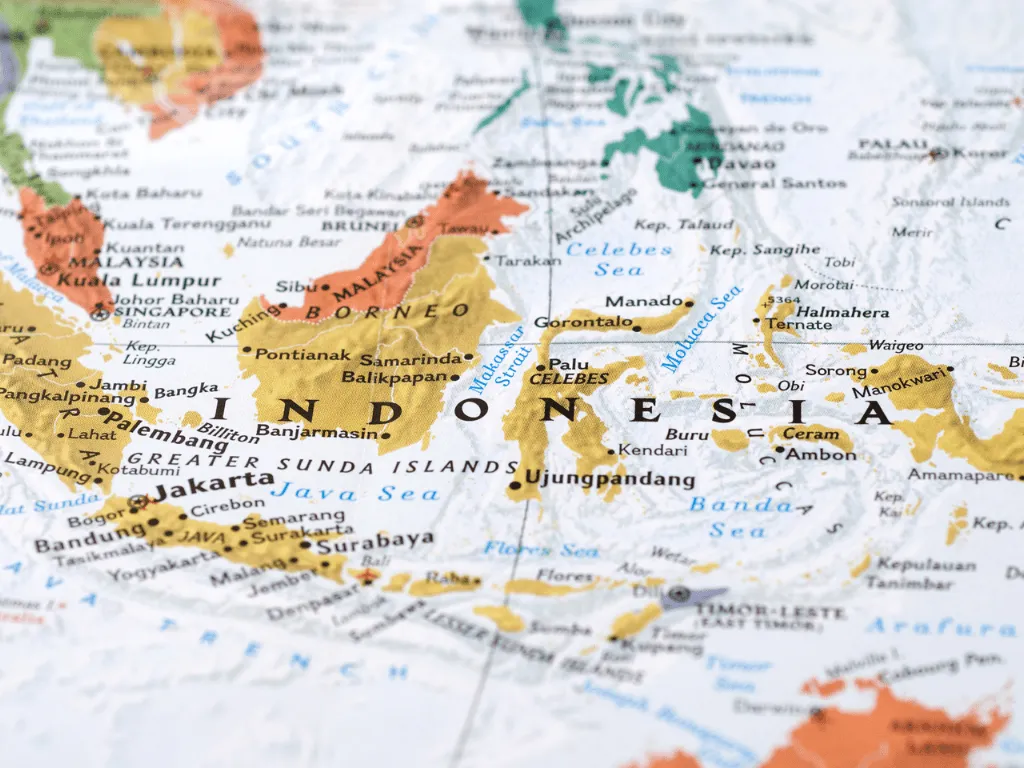- Home
- News Details
News Details

Indonesia Finalizes Registration Rules for Overseas Halal Certificates (SHLN)
2025-10-23 Reference source : World Trade Organization
Indonesia Halal Certification Halal Product Assurance Agency BPJPH Product Compliance Regulatory Update
Indonesia's Halal Product Assurance Organizing Agency (BPJPH) has issued Decree No. 221/2025, setting out definitive procedures for registering overseas halal certificates (SHLN) so products certified abroad can be marketed domestically under the Halal Product Assurance Law framework.
The decree replaces BPJPH Decree No. 90/2023 and takes effect 15 December 2025. A parallel WTO/TBT addendum on 22 October 2025 confirms adoption, publication, and the entry-into-force timeline, and points to BPJPH’s public guidance.
Key Changes
Under the new decree, halal certificates issued by foreign halal certification bodies (LHLN) that has a mutual recognition arrangement (MRA) with the BPJPH do not require re-certification in Indonesia. However, registration with the BPJPH remains mandatory before products can be placed on the Indonesian market. The decree converts prior practice into a single, binding procedure introducing clearer digital workflows, document standards, and change-management rules.
Registration Procedure
Applications are submitted electronically via the SIHALAL system by an importer or an official representative in Indonesia. Each registration must be completed before products are placed on the market and is filed per product category.
Required documents include:
- Application letter
- Authorization letter from the foreign company appointing the applicant
- NIB (Indonesian Business Identification Number)
- Copy of the overseas halal certificate (SHLN)
- List of goods with HS codes
- Warehouse details (name, address, ownership)
- Signed statement of truth
If documents are not in English, include an English translation.
If a product name differs between the foreign certificate and Indonesian use, applicants must submit either an updated SHLN or a declaration from the LHLN using BPJPH’s Annex III template to confirm the equivalence.
Renewals and changes
Registrations can be renewed from 60 days before the registration’s expiry until the expiry date. Temporary proof that renewal is in process may be used, subject to providing the updated SHLN within the required timeframe.
The decree distinguishes between:
- Changes that only require reporting (e.g., importer name/address with the same NIB, contact-person updates, HS-code corrections), and
- Changes that require a new registration (e.g., new NIB, change of LHLN, facility relocation).
A decision table in Annex II clarifies the correct path for each scenario.
Validity, labeling, and enforcement
The registration number remains valid for the same period as the foreign halal certificate. If the MRA or accreditation that underpins recognition expires, BPJPH may deactivate the registration number until recognition is restored.
After registration, importers or official representatives must apply the halal label together with the SHLN registration number in line with Indonesian labeling rules and promptly report any data changes to BPJPH.
Administrative sanctions for non-compliance may include written warnings, administrative fines, deregistration, and/or product withdrawal.
We acknowledge that the above information has been compiled from World Trade Organization.
Global Product Compliance (GPC) specializes in Global Regulatory Compliance Solutions across sectors
globally. SSS Europe, a familiar name in chemical regulatory and compliance services now formally belongs
under the umbrella of GPC Holding Sweden.
Since 2008, we have emerged as one of the leading names among Global Regulatory Compliance Service
Providers with Representation services in Europe, Asia and Middle East for respective chemical
regulations.

 Twitter
Twitter
